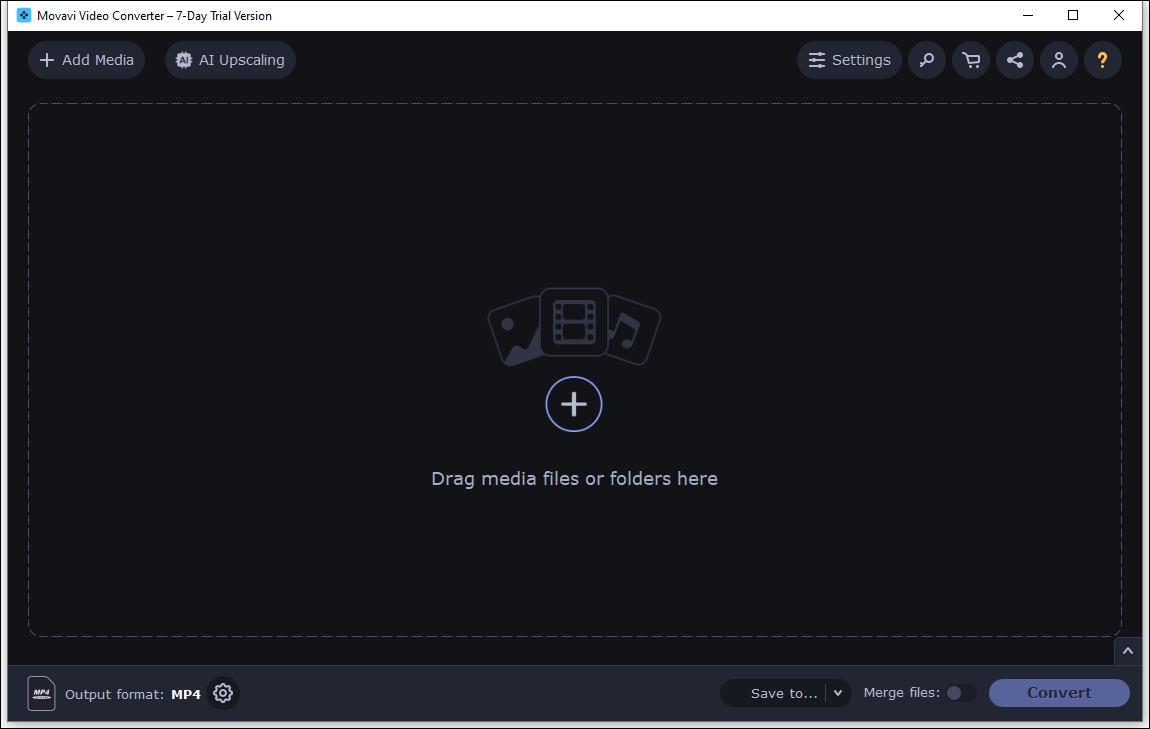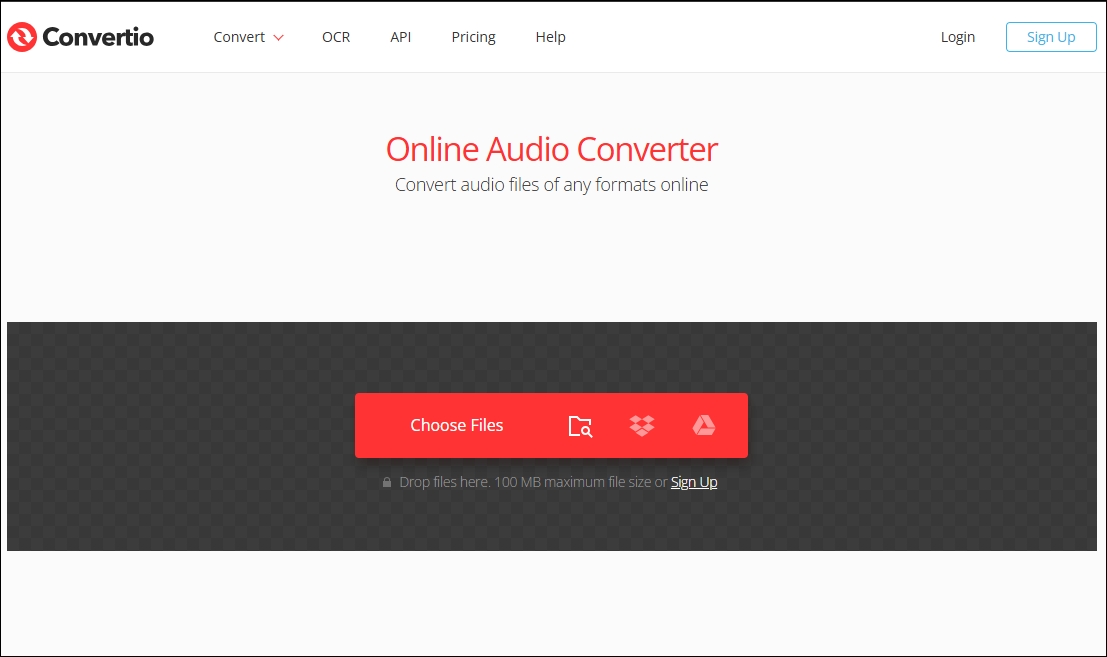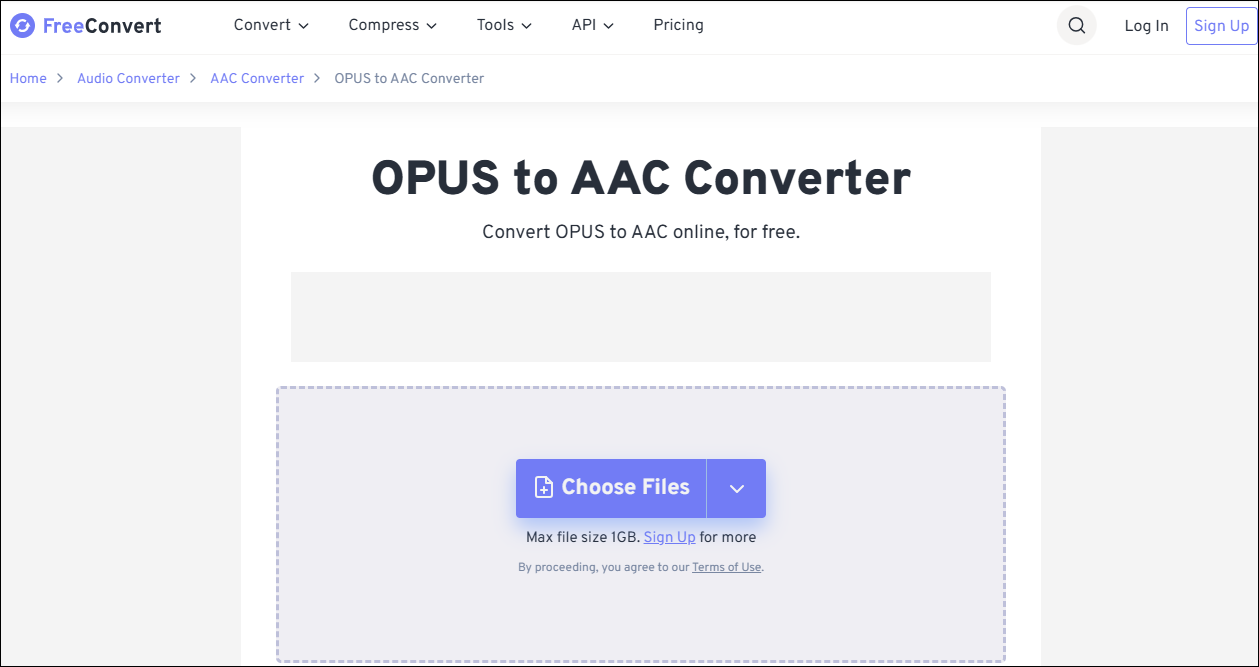Have you ever used Opus or AAC? This post compares Opus vs AAC in terms of codec, bit rate, compatibility, and more. It also recommends the 3 best converters, including MiniTool Video Converter.
What Are Opus and AAC?
Opus and AAC are both audio coding formats. Their core feature is to compress audio into smaller files without losing the audio quality. Next, I will show what Opus and AAC are:
What Is Opus?
Opus was launched by the IETF (Internet Engineering Task Force), which is responsible for developing network communication standards, in 2012. It is the research result of multiple teams that combines the advantages of two early coding technologies. The Opus file format is a container format that stores audio data in a highly compressed form. Opus uses a codec to maintain a low bit rate while providing excellent sound quality.
What Is AAC?
AAC (Advanced Audio Coding) was launched in 1997 by MPEG (the organization that developed the MP3 standard) as the successor to MP3. AAC is a lossy audio coding format for storing compressed audio files, generally offering better sound quality at the same bit rates.
Opus vs AAC: What Are the Differences
After reading the above introduction to the Opus and AAC audio formats, I believe you’ve gained a better understanding of them. Next, I’ll show you the comparison of Opus and AAC in 4 aspects: codec, bit rate, sample rate, and compatibility.
#1. Opus vs AAC: File Size
- Opus: Opus combines the SILK (Speech-Oriented Integer Linear Prediction-Based Kernel) and CELT (Constrained Energy Lapped Transform), the two update technologies keep a low coding efficiency, so its file size is small.
- AAC: Compared with Opus, AAC is a more mature encoding format. In order to maintain good sound quality, it usually adopts higher encoding efficiency, so the file size will be larger.
#2. Opus vs AAC: Compatibility
- Opus: Opus has limited compatibility. Its advantages are concentrated on the Internet and real-time communication scenarios, examples including major streaming browsers such as Chrome, Firefox, and Edge, as well as real-time communication tools like Zoom, Teams, and WhatsApp. However, it has weak support for traditional offline scenarios.
- AAC: AAC files are widely used in all scenarios, especially for offline storage and traditional devices. They are widely adopted by many music streaming services such as Apple Music, iTunes, YouTube, Spotify, and online radio platforms. Most mobile phones, tablets, and players support the AAC format. Many car speakers, TVs, and DVD players are also compatible with AAC.
#3. Opus vs AAC: Codec
Opus:
- Opus combines two algorithms: SILK (Speech-Oriented Integer Linear Prediction-Based Kernel) and CELT (Constrained Energy Lapped Transform). It can switch between or combine the two algorithms for maximum efficiency.
- Opus has a low algorithmic latency, with a default latency of 26.5 milliseconds. This latency is necessary for real-time communication links, networked music performances, and live lip-syncing. Latency can be reduced to 5 milliseconds by sacrificing quality or bit rate.
AAC:
- ACC performs stably at medium and high bit rates for music, but blurs speech at low bit rates (≤64 kbps).
- AAC is based on the MDCT, retaining the sensitive parts of the human ear through frequency analysis. So, AAC contains more audio quality details.
#4. Opus vs AAC: Bit Rate
- Opus: Opus can offer high audio quality at lower bit rates. It supports constant and variable bit rate encoding from 6 kbit/s to 510 kbit/s. For multiple-channel tracks, it supports up to 256 kbit/s per channel.
- AAC: Compared to Opus, AAC generally requires a higher bit rate to achieve the same sound quality. Furthermore, some AAC files may require a fee for use due to licensing and patent issues. Therefore, editing AAC requires more processing power.
#5. Opus vs AAC: Sample Rate
- Opus: Opus supports five sampling rates, from 8 kHz to 48 kHz.
- AAC: AAC supports a variety of sampling rates, from 8 kHz to 96 kHz.
According to the comparison of Opus and AAC above, we can conclude that if you pursue the fluency of real-time communication or a smaller audio file size, you can choose Opus. However, if you want a high-compatibility format, AAC is the best choice.
3 Recommended Opus to AAC Converters
There are various converters to convert Opus to AAC. If you want to convert Opus to AAC, below are 3 recommendations for you.
#1. Movavi Video Converter
Movavi Video Converter is a desktop video converter that allows you to convert video and audio files between various formats, including Opus and AAC. Therefore, you can use this converter to convert Opus to AAC quickly and easily.

Pros:
- Simple main panel.
- Support multiple audio formats.
- Support customizing parameters.
Cons:
- It only has a 7-day trial version for free users.
MiniTool Video ConverterClick to Download100%Clean & Safe
#2. Convertio
Convertio is an online converter that doesn’t require logging in. It supports converting media files to a variety of formats. You can use it to convert Opus to AAC. Its clean interface and simple workflow make it a worthwhile choice.

Pros:
- Simple and user-friendly operation.
- Support a variety of media file formats.
- No need for download and installation.
Cons:
- Unregistered users can only convert files with a size under 100 KB.
#3. FreeConvert
FreeConvert is an app for converting videos, audio, images, documents, and GIF files. It also does a relatively good job in converting Opus to AAC. In addition, FreeConvert allows users to customize their audio files by adjusting the volume and trimming them.

Pros:
- Provides an API to perform complex multi-step file operations.
- Support importing media files from cloud drives, computers, and links.
- Support adjusting the converted audio’s volume and trimming settings.
- No need for download and installation.
Cons:
- A few seconds’ delay in the website’s response.
- Offers a few output formats.
Conclusion
This post provides a comprehensive overview of Opus vs AAC in file size, compatibility, codec, bit rate, and sample rate. It also offers the 3 best converters for converting Opus to ACC, including MiniTool Video Converter. Hope this post can help you!


User Comments :